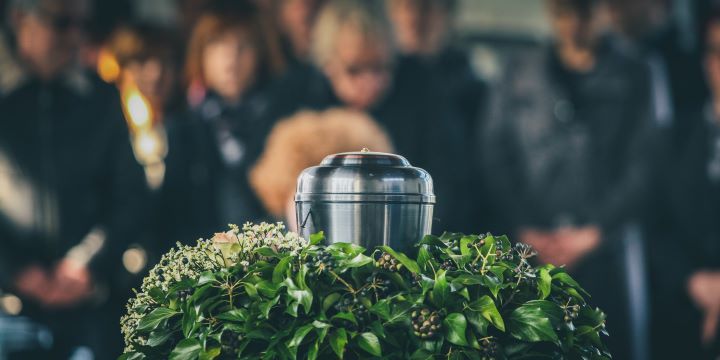Ways To Go About the International Transport of Human Remains
International transportation of human remains is very sensitive, and it is important to get it right to avoid any form of stress. Here are ways to go about it.

International transport of human remains, also known as repatriation, is the process of transporting the deceased from one country to another for burial, cremation, or other final disposition. The process can be complex, emotional, and stressful for bereaved family members, who are often unfamiliar with the regulations and requirements. To make the process easier, it is important to understand the best way to go about the international transport of human remains. Here’s info from funeral homes in Philadelphia, PA.
- Determine the country of origin and destination: The first step in repatriation is determining the country of origin and destination. This information is essential as it will determine the specific regulations and requirements for transporting human remains.
- Choose a reputable funeral home or mortuary: Once you have determined the country of origin and destination, choosing a reputable funeral home or mortuary specializing in international repatriation is essential. This funeral home or mortuary will be responsible for coordinating the transport of the remains, handling all necessary documentation, and ensuring that all regulations are met.
- Obtain necessary documentation:
The next step is to obtain all the required documentation. This includes death certificates, embalming certificates, and consular reports. The funeral home or mortuary can assist with obtaining these documents. It is important to note that some countries may require additional documentation or permits, so it is best to consult with the funeral home or mortuary for specific requirements.
- Prepare the remains for transport:
Once all necessary documentation has been obtained, the remains must be prepared for transport. This involves embalming the remains and placing them in a transportation coffin that meets the requirements of both the country of origin and destination.
- Choose a mode of transport: There are several options for the transport of human remains, including air, land, and sea. The choice of transport will depend on the distance, cost, and time constraints. Air transport is typically the fastest and most expensive option, while land and sea transport is generally slower and less costly.
- Obtain necessary permits:
Before the remains can be transported, obtaining permits from both the country of origin and destination may be necessary. The funeral home or mortuary can assist with obtaining these permits.
- Choose a reputable carrier: Once all necessary permits have been obtained, choosing a reputable carrier specializing in transporting human remains is important. The carrier should have the necessary experience, equipment, and insurance to ensure that the remains are transported safely and securely.
- Arrange for final disposition:
Upon arrival at the destination, the remains must be disposed of in accordance with local laws and regulations. This may involve
burial,
cremation, or other forms of final disposition. The funeral home or mortuary at the destination can assist with arranging for the final disposition.
- Support family members: Finally, it is important to support family members who may be traveling to the destination for the funeral or other related events. This may involve providing information on local accommodations, transportation, and other resources.
In conclusion, the international transport of human remains can be a complex and emotional process, but it is important to understand the best way to go about it. Following the steps outlined above and working with a reputable funeral home or mortuary can make the process easier for bereaved family members.
If you need help, don’t hesitate to contact funeral homes in Philadelphia, PA.













